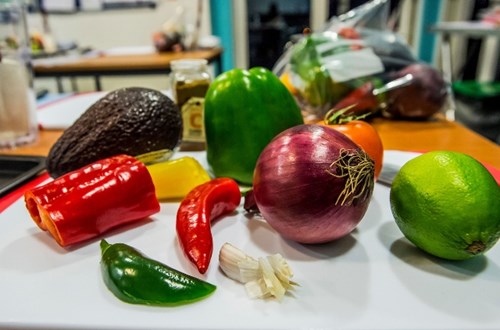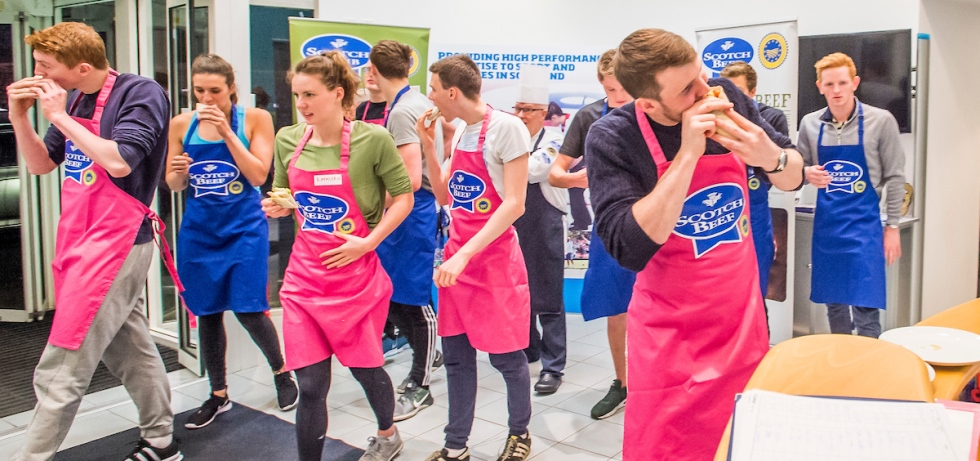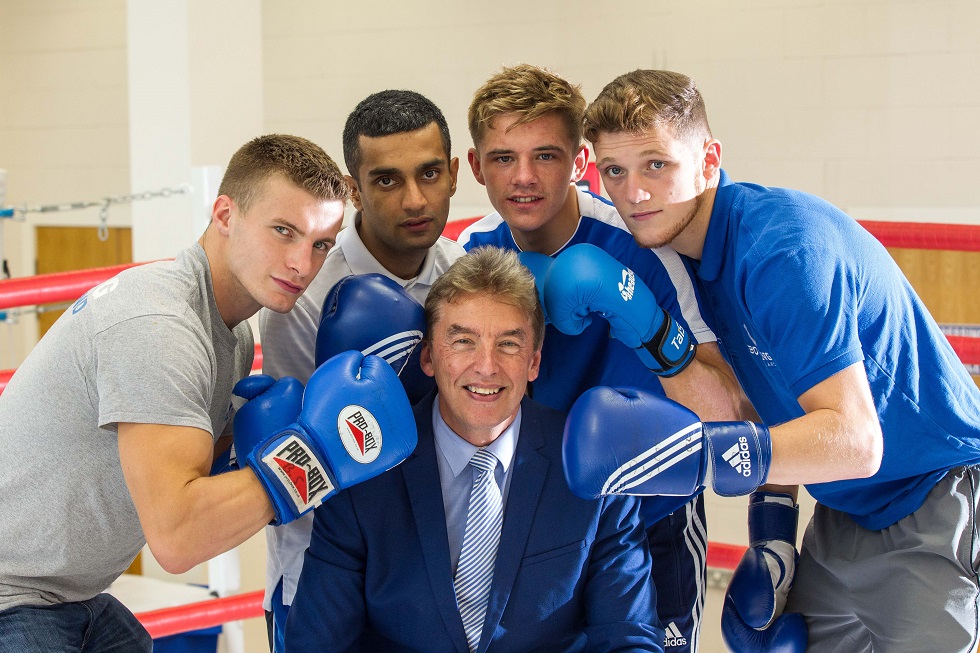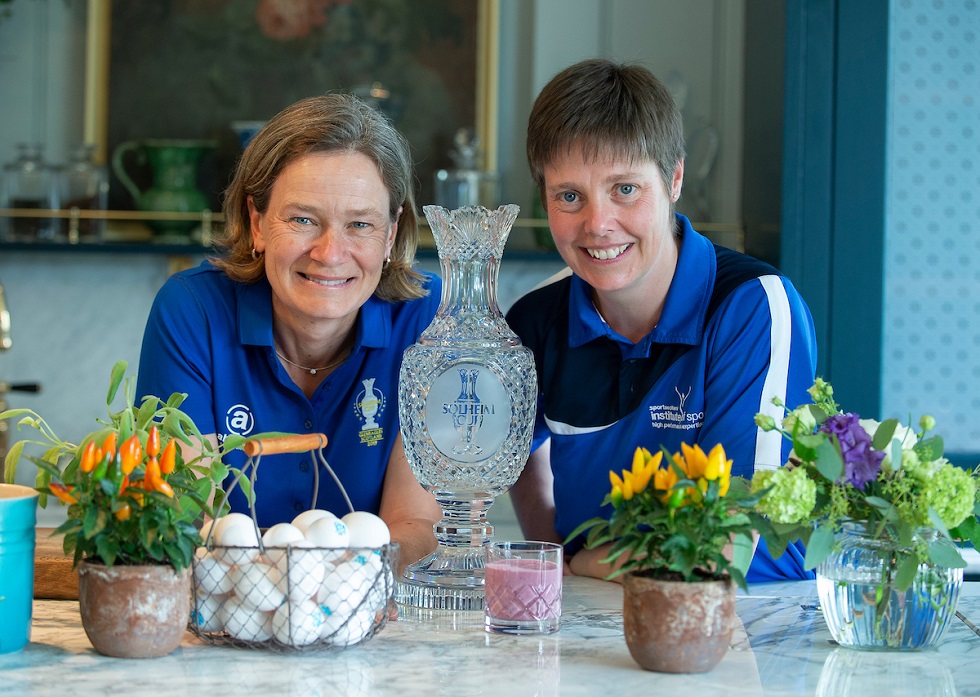The supplements industry has grown exponentially to the point where it is now possible to buy supplements alongside a tank of petrol. When social media has become the go-to ‘expert’ on supplementation, how can athletes, coaches and parents ensure they are informed and making the right choices?
Sport First spoke to Susan Backhouse, Professor of Psychology and Behavioural Nutrition in the Carnegie School of Sport at Leeds Beckett University, to find out.

Influencing athlete behaviour
“We’ve got to be aware of the messages that children start to get in sport from the earliest age. When a person enters sport, it’s generally because of the enjoyment and fun that comes from taking part. It’s our responsibility, as architects of sport, to make sure this isn’t lost as an athlete’s career progresses.
“In preparing for sport, children are starting to use supplements from a young age – as young as 11 or 12. This is concerning because supplements might not be needed and could be harmful. At this age, supplementation habits can start to form and children – and their parents and coaches – may not have been educated about the potential risks of supplementation.
“We know a ‘Food First’ approach can provide all of the nutrients a young person needs to perform and recover. So, we need to prioritise education on the values and integrity of sport and how we can achieve our goals and aspirations through a Food First approach and a healthy lifestyle, incorporating good sleeping habits.
“Those messages need to start early, and they then need to develop over time. We have got to make sure that our education curriculum evolves as the young person advances in their sport so that they are not always bombarded by the same messages. This can lead to disengagement, so we need to ensure education is tailored and targeted.”
Putting food first
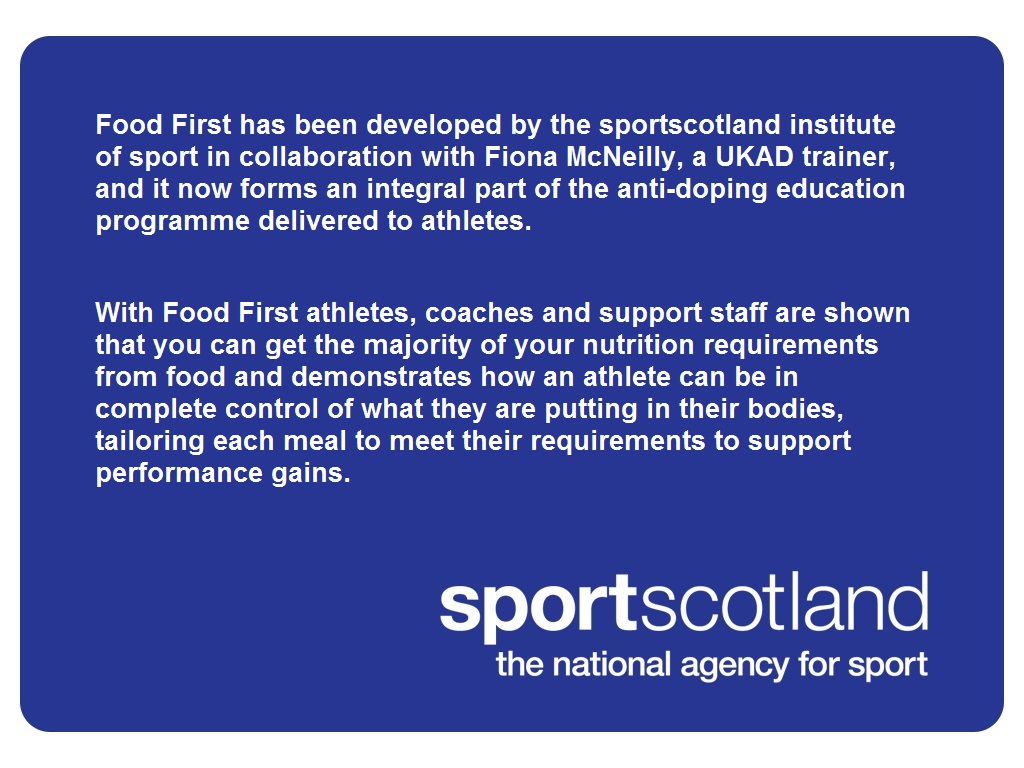
“I’m really impressed with the work that the sportscotland institute of sport is doing in driving forward the Food First agenda. What’s really significant is the commitment to work together across the organisation to provide an athlete-centred solution.
“You are providing an opportunity for athletes to be educated, and also actively supported to implement that education into their day-to-day lives. The integration of clean sport messages with practical food first education is not happening in many other places, so I think the Institute is really leading the way by developing the capabilities and opportunity for athletes and athlete support personnel to adopt a food first approach."
“I’m really impressed, and also excited for the Institute, to see how that Food First programme might evolve and continue to develop, and how it might help other institutes to consider how they might implement a similar approach as well.”
Integration and integrity
“It is important to recognise that the system has many interacting stakeholders so the approach to clean sport is not going to be provided by one individual, one organisation, or one sport or group. What needs to happen is that all the members of the system agree on a common approach so there’s a collective commitment to the pursuit of clean sport, and that that commitment is then lived through in the way that we behave.
“Sports leaders have a responsibility and an opportunity to lead from the front when it comes to protecting the integrity of sport. By modelling integrity in their actions and behaviours, not just by what they say, leaders send a strong message throughout the system.
Parental engagement
“Parents are a key group of influencers that are worthy of greater attention and support. Our research with parents highlights their lack of awareness of the rules and regulations governing sport, or the risks around supplements.
“This lack of awareness poses a risk as parents are the key to the medication cabinet, and we have found that they don’t know that there are certain potential risks inherent in providing their young, emerging athlete with certain medications to recover from a cold or flu. As the likelihood of a young athlete being selected for a drugs test is slim, anti-doping rules and regulations might not be at the forefront of the parents’ minds.
"Yet, parents can help to instil protective behaviours early on so that young athletes get into the habit of asking and checking what is in the medication they may need to take. So, if a parent can say for example ‘hang on a minute let’s look at that cold and flu remedy, does it have pseudoephedrine in it? And if it does, ask if there are alternatives. That would be great.
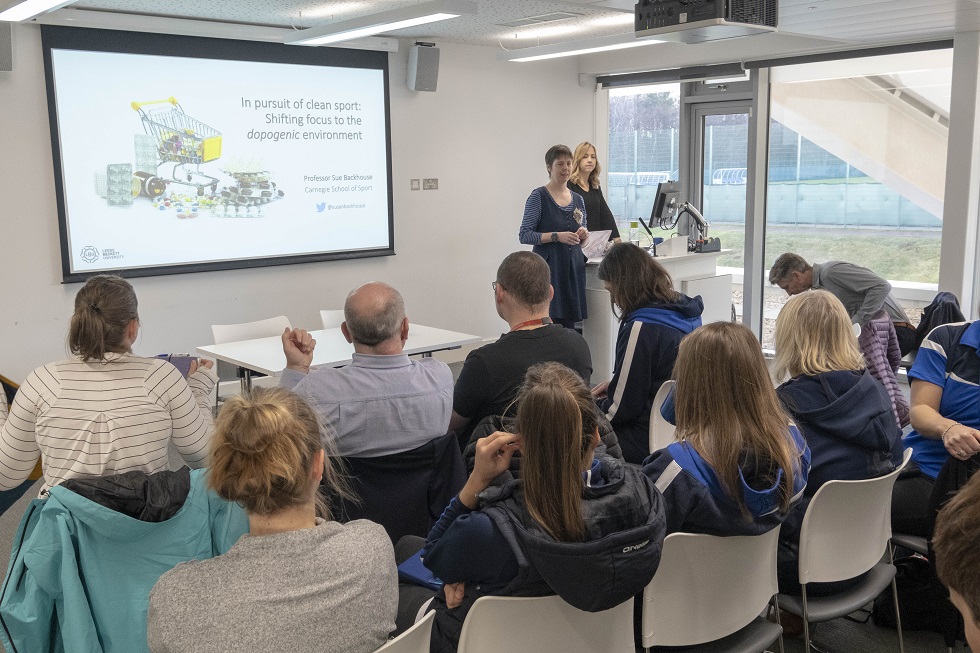
“It’s a bit like the work the Institute’s doing around the Food First approach. It’s that kind of ‘swapsy’ approach – let’s not take this one because I know as a parent that in the future if you were to be tested in competition having taken a medication with a prohibited stimulant in, it could lead to a positive test and a sanction.
"If we start with parents getting into the habit of checking what’s in medications, they then start to model that behaviour with their children and we instil protective mechanisms from a young age.
“We’ve found parents are really keen to receive education because they are curious to know more. But, in some contexts they are actively discouraged from engaging with their child’s sporting environment because sports prefer to keep them at a distance.
"We need to see parents not as a hindrance to sport because they cause us challenges, but actually they are part of the solution for sport whether that is keeping the motivation and momentum of a young person engaged in sport, or making sure that the integrity of sport is valued from the very early stages.
Education, education, education
“I think we have a job of work to do around the resourcing of education in the system. I have previously raised concerns around where resource is allocated towards education and challenged the fact that, at the moment, the resource allocated for testing far outweighs the resource invested in education.
"Although the rhetoric is that education is the way to solve the issue of doping in sport, this is not reinforced by anti-doping funding models and therefore the potential for education to prevent doping in sport is not realised.
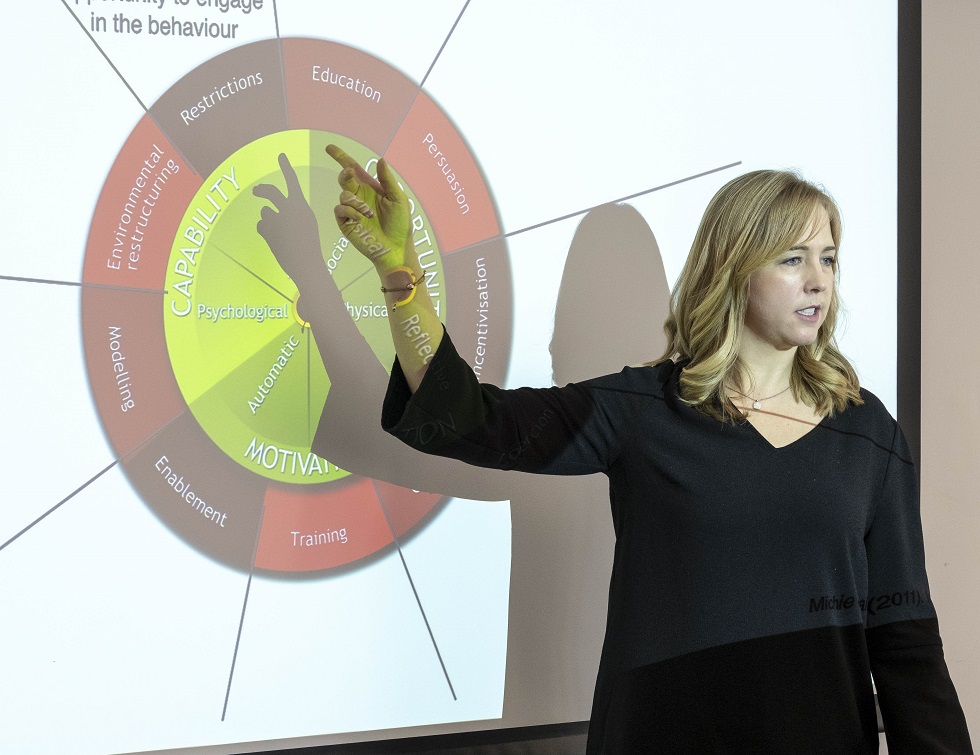
“I think we need to rebalance the system and ensure that the right level of resource goes to education, particularly if we are going to embed clean sport education and a food first approach earlier on in the pathway. Further we need to ensure we have educators who can engage and foster learning.
"As it stands, a lot of sports organisations only have one person with the responsibility for anti-doping education and they may also then have multiple roles beyond education which means it’s just one element of the job and it’s not the priority because they’ve got other, more immediate needs. That’s where I think we need a rebalance of the system to support our ambition for clean sport.”
Find out more
- Read more about the sportscotland institute of sport's Food First programme for athletes and coaches
- Find out more about Professor Susan Backhouse's work
- Keep up to date with all the latest information from the World Anti-Doping Agency (WADA)
- Learn more about UK Anti-Doping (UKAD) and Clean Sport Week.

